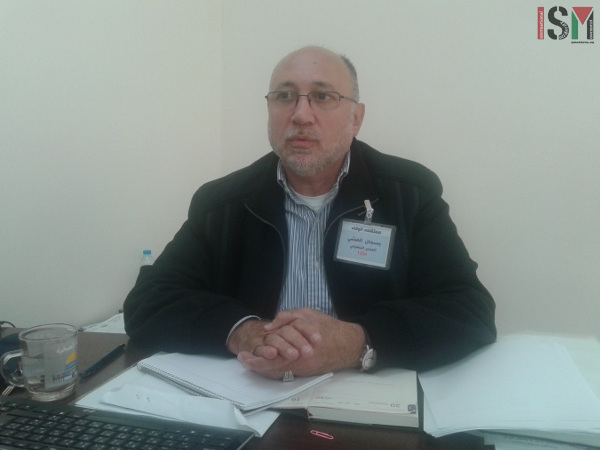Tag: Al Wafa hospital
-
Interview with Dr. Basman Alashi in Gaza
11th April 2015 |Valeria Cortes, International Solidarity Movement, Gaza Team | Occupied Palestine “You corner me, you kill me, and on top of that you ask me not to defend myself. Human beings in this world have the right to defend themselves. We, as Palestinians, have the right to defend our land and our families by all…
-
At Al Wafa – Saja and Ceasefiring
Sharon Lock | Tales to Tell Yesterday E and I went back to see Amer at his Zaytoun house. He told us his brother Abdullah is back home from the Egyptian hospital, and showed us his hospital records; his wounds (two shots to abdomen, one to arm), are healing ok. He was worried about Saja,…
-
23 hours in Jabaliya
By Sharon in Gaza talestotell.wordpress.com January 4, 6pm – January 5, 5pm 6pm: To Al Awda hospital, run by the Union of Health Work Committees. It normally has a 50 bed capacity but has been stretched to 75. E and Mo interview Ala’a, the medic from Jabalia RC who was injured when Arafa was killed…

